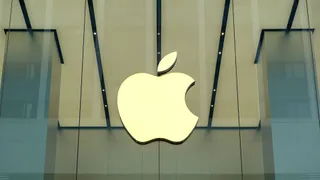
1 July 2019Trademarks
ECTA 2019: How teamwork benefits sports IP
Launching a major new sporting competition means navigating a complex network of rights owners and parties, lawyers said on Friday 28 June.
Already registered?
Login to your account
If you don't have a login or your access has expired, you will need to purchase a subscription to gain access to this article, including all our online content.
For more information on individual annual subscriptions for full paid access and corporate subscription options please contact us.
To request a FREE 2-week trial subscription, please signup.
NOTE - this can take up to 48hrs to be approved.
For multi-user price options, or to check if your company has an existing subscription that we can add you to for FREE, please email Adrian Tapping at atapping@newtonmedia.co.uk
Trademarks
4 August 2020 After carving a successful IP career in Denmark, Anette Rasmussen was appointed president of the European Communities Trademark Association. She tells WIPR about the challenges posed by COVID-19, her career path and her hopes and aspirations for the organisation.
Trademarks
9 July 2020 Lawyers must unlearn some of their adversarial thinking to ensure they play a role in human society in the future, says Mladen Vukmir of the European Communities Trade Mark Association.
Trademarks
1 July 2019 The uncertainty surrounding Brexit, the advantages of geographical indications protection and new technology being used to identify premium products were the topics during a session at the 38th Annual European Communities Trade Mark Association Conference.

